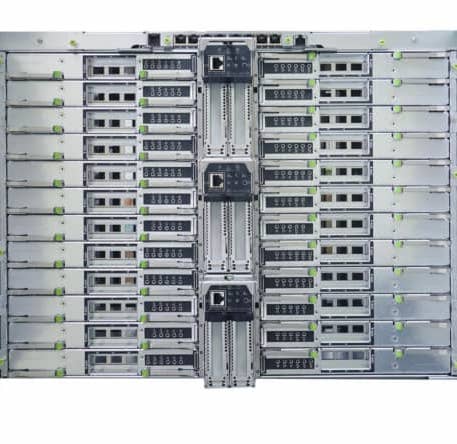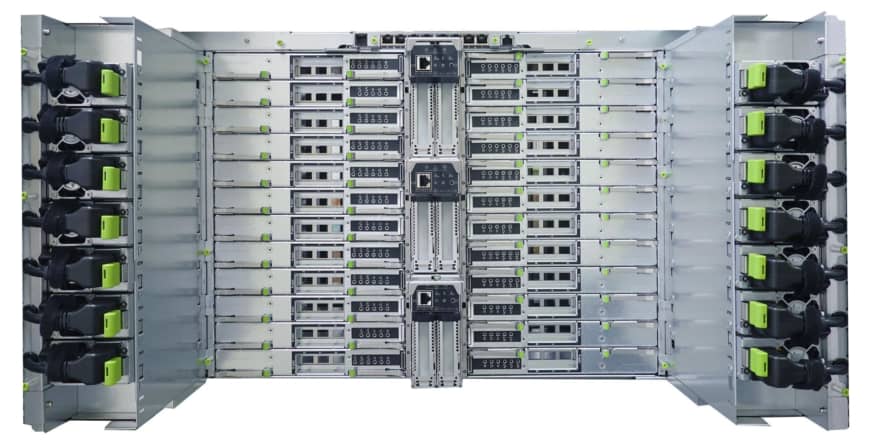Fujitsu will showcase their pending Fugaku Supercomputer and “the future of Artificial Intelligence” at ISC 2019 in Frankfurt next week.
Fugaku is the successor to the K supercomputer, jointly developed by RIKEN and Fujitsu. Named after Mount Fuji, Fugaku is designed to achieve top-level or peak application performance to solve a wide variety of social and scientific challenges. Having completed the system design, Fujitsu and RIKEN have started the manufacturing phase. Fujitsu plans to productize a new commercial supercomputer using technology created in the Fugaku development process, with global sales due to begin late this year.
At ISC 2019, Fujitsu will place a special focus on Deep Learning, which uses deep and complex neural networks to work on large scale data, helps accelerate training time for AI. This delivers benefits including increased efficiency and reduced AI training costs, helping generate opportunities for additional revenue streams and highlighting new business opportunities.
The Fujitsu Zinrai Deep Learning System provides a faster, easier and more efficient solution to accelerate Deep Learning with these key innovations:
- The DLU chip, which features a domain specific accelerator. The innovative Fujitsu AI Zinrai Deep Learning System, powered by the DLU, pushes the limits of Deep Learning – helping turbocharge solutions by delivering 10 times the performance per watt of alternative approaches available today. The DLU achieves this by significantly reducing the time it takes to train and test AI models, enabling inferences that can help accelerate business processes.
- The Deep Learning Integer (DL-INT) an adaptive numerical format dedicated to Deep Learning, enabling high performance and accuracy
- A new domain-specific interconnect technology providing massive parallel throughput for large scale neural networks
Other highlights at ISC 2019 include:
- Fujitsu’s Digital Annealer. Visitors to ISC will be able to gain inspiration from Fujitsu’s disruptive Digital Annealer, Fujitsu’s quantum-inspired computing approach – used to solve previously-insurmountable business challenges. The Digital Annealer optimizes large scale combinatorial challenges, with real-world examples including the optimal sequence of seam welds made by a robotic arm during the manufacturing process on a car chassis, to balancing the risk of a financial portfolio of high value liquid assets in a volatile market, to planning the optimal route for connected vehicles, taking into account traffic conditions in real time.
- Integrated solutions leveraging Fujitsu AI software improve quality control, tackle advance design engineering challenges. ISC visitors can also see how Fujitsu FAIR (Fujitsu Advanced Image Recognition) uses advanced image recognition capabilities to improve quality control processes for manufacturers through detecting anomalies. Meanwhile, the AI Solver demonstrates fast inference for advanced design engineering challenges – running on Fujitsu PRIMERGY M5 servers, powered by the latest Intel scalable processors with HPC architectures. Additionally, Fujitsu will demonstrate hybrid environment AI workflow management using Fujitsu Software Gateway, made up of an inference engine running both on-premises and cloud-based neural networks.




